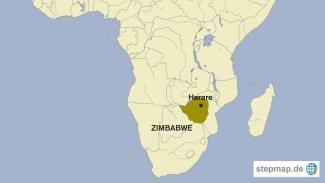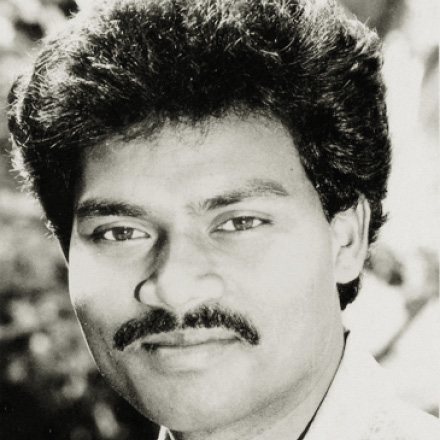Health
Condom inaccessibility fuels HIV/AIDS

Despite her ill health, Hungwe has not ceased having multiple boyfriends. She parties many nights at traditional home-brew beer gatherings in her home village in Masvingo Province in South-Eastern Zimbabwe. That participants later meet for sexual encounters is quite common.
Many people consider Hungwe the village beauty, but she is HIV positive – and very open about it: “I have been to a clinic once where I was tested for HIV and found positive,” Hungwe recounts. The clinic is 18 kilometres away from her village and reaching it “is not easy,” she says.
There are many HIV cases in rural regions, but condoms are hard to get in the villages. “Talking of protecting ourselves against HIV makes no sense without the distribution of condoms,” says Livias Chigumira, a 49-year old man from Hungwe’s area. Many villagers engage in unprotected sex, which results in ever more HIV/AIDS cases in Zimbabwe’s rural areas.
According to the largest international supplier of condoms, the UN Population Fund (UNFPA), Zimbabwe’s condom usage per head tops that of any other country in the world, with over 109 million condoms used in 2014 alone. UNFPA Zimbabwe is running a campaign promoting condoms and safe sex.
The impact on remote areas, however, is limited. The district where Hungwe lives has a population of 166,000 people, of whom 13 % are HIV positive, according to the Ministry of Health and Child Care. As they cannot get condoms in remote areas, rural people too often engage in risky sexual behaviour.
“Many villagers here have at one time or another tested HIV positive, but they are far away from health-care centres,” explains Mavis Chikotore, chairperson of a local HIV/AIDS support group. Consistent anti-retroviral drug treatment is as unavailable as condoms are.
Chikotore’s remarks resonate with many village leaders. They say that HIV/AIDS is spreading in the country’s remote areas and has become a humanitarian crisis.
Better information on contraceptives might help too. Most rural women have never heard of female condoms. “I grew up here in this village,” Hungwe says, “and to tell you the truth, I never knew that a female condom exists.” She adds that this may “explain my HIV/AIDS situation.” The big question, however, is whether she would have had access to female condoms, had she known there is such a thing.
Jeffrey Moyo is a journalist and lives in Harare, Zimbabwe.
moyojeffrey@gmail.com
Link
UNFPA Zimbabwe: Condomize Campaign – Promoting Safer Sex in Zimbabwe.
http://zimbabwe.unfpa.org/news/condomize-promoting-safer-sex-zimbabwe











